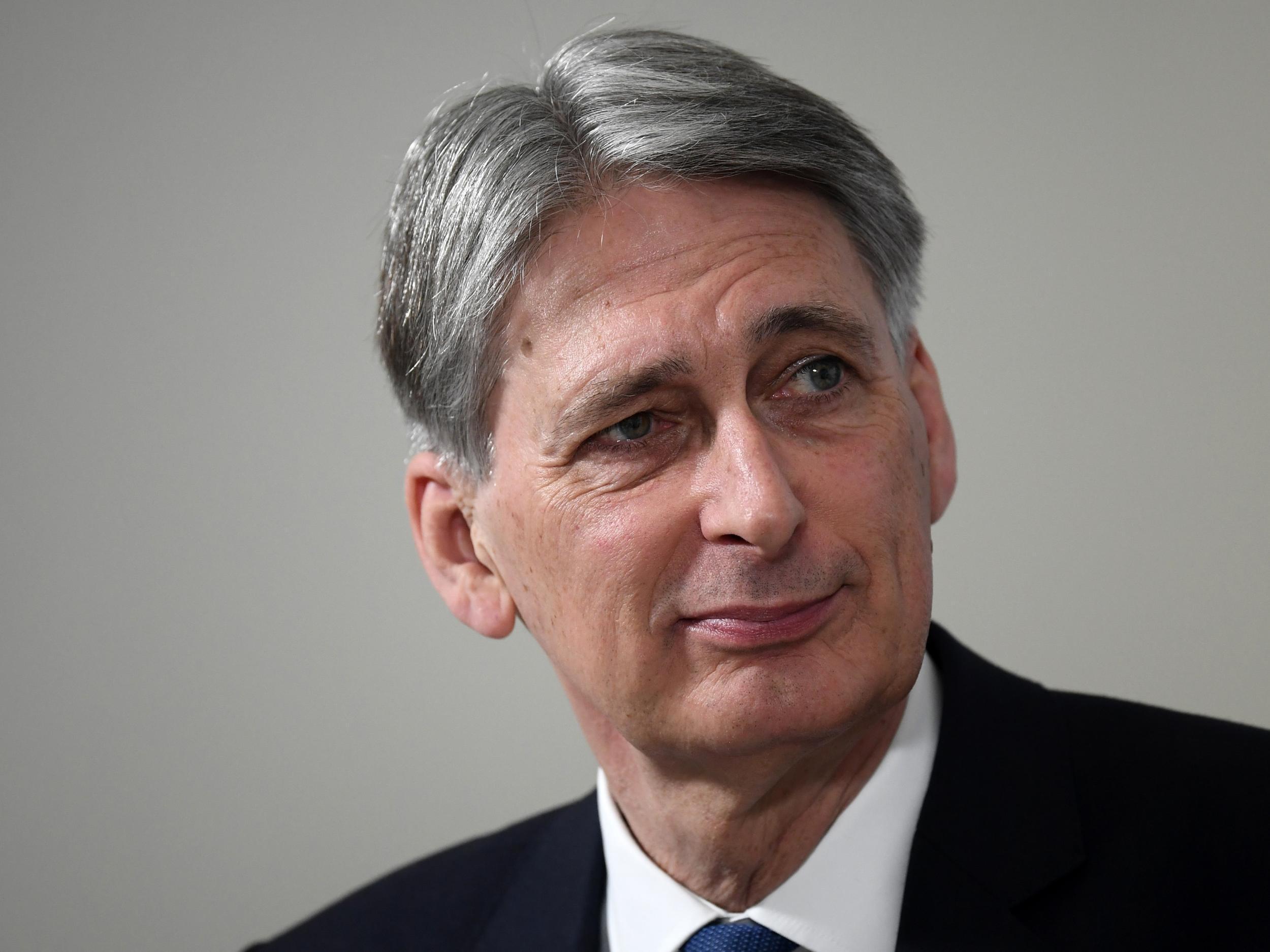State pension reforms hit women for £5.1bn 'substantially' increasing poverty, major IFS study finds
Critics claim reform of the state pension has been 'catastrophically mismanaged'

Deep reforms to the state pension affecting more than a million women have saved the Treasury £5bn a year but also “substantially” increased poverty rates, a major new study has revealed.
The analysis sets out the impact of pushing women to work into their sixties, with their households stripped of £74-a-week worth of benefits.
Those hit branded the report from the respected Institute for Fiscal Studies shocking, while opposition politicians called it “grim reading” and claimed the Government had “catastrophically mismanaged” reform.
It comes as Chancellor Philip Hammond prepares for his Budget, which is expected to indicate that, despite years of swingeing cuts, Britain’s deficit may not be abolished for another decade.
Theresa May is also under intense pressure to ease austerity from her own ministers and from a Labour party buoyed by a successful election campaign fought on increased spending.
The IFS looked into the Government’s reform of the state pension, needed to account for a longer-living population, and found the move to increase the eligibility age for women from 60 to 63 meant income poverty rates were “pushed up substantially” from around 15 to 20 per cent.
IFS senior research economist Jonathan Cribb said: “The tax and benefit system is much more generous to those above the state pension age than those below it.
“So while increasing the state pension age is a coherent response to the public finance challenge posed by rising longevity, it does place a further pressure on household budgets.”
The study found that affected households received about £74-a-week less in state pensions and other benefits due to the reforms.
Money from new wages offset some of the loss, with employment increasing for women between the ages of 60 and 62 as a result of the changes, leaving them some £32-a-week worse off in net terms.
The report, funded by the Joseph Rowntree Foundation and the Economic and Social Research Council, also found poorer individuals were hit harder.
It said: “Proportionally, we find a larger reduction in household income for lower-income women, with the reform increasing the measured income poverty rate of women aged 60 to 62, who are now under the state pension age, by 6.4 percentage points.”
IFS researchers indicated that while the poverty rate increased for women between the ages of 60 and 62, there was no impact once they did eventually begin to receive their pension.
The report showed the Government had saved some £5.1bn a year between 2010 and 2016 by paying less in benefits to some 1.1 million women, while making more from those in their number who continued to earn and pay taxes.
The Women Against State Pension Inequality (Waspi) campaign accused ministers of not adequately considering the full impact of the reforms.
Director Jane Cowley said: “The Government needs to sit up and start realising that its changes have devastating consequences on the women affected.
“Yet again, it is women who are paying the price for the Government’s pension reforms.
“This simply isn’t good enough when the UK already has one of the biggest pension pay gaps in Europe.”
Shadow pensions minister Alex Cunningham said: “This report shows the full impact of this Government’s catastrophically mismanaged increase in the state pension age for women, which has left millions feeling insecure and uncertain about their retirement prospects.
“The Government must learn the lessons from their failure, before they bring forward their state pension age increase to 68, which will see 7.6 million people lose out by nearly £10,000 each.”
Meanwhile, the SNP’s Ian Blackford MP said: “This report makes for grim reading. It confirms what we have always said that – as always – the Tories just don’t care about those on lowest incomes.”
The 1995 Pensions Act first set out how the female state pension age would be increased from 60 to 65 from 2010, until it was equalised with the male age at 65 by 2020.
Subsequent changes aimed to see the age for both men and women reach 66 by 2020 and the Government is planning further increases to push it up to 67 between 2026 and 2028.
According to new measures announced last month, a rise to 68 will now happen in 2039, rather than in 2046 as originally proposed.
Responding to the IMF’s report, government officials pointed to rising employment rates for women in their early sixties as having offset the impact of the reforms, noting that more people are in work than ever before, including a record 9.9 million older workers.
They also said the reforms to the National Insurance contribution conditions in 2010-11 mean the percentage of women receiving a full basic state pension increased from around 40 per cent to around 80 per cent.
A spokesperson said: “The decision to equalise and increase the state pension age is both fair and sustainable for future generations and in line with continuing rises in life expectancy.

“Women retiring today can still expect to receive the state pension for over 24.5 years on average – which is more than any generation before them and several years longer than men.
“By 2030, more than three million women stand to gain an average of £550 extra per year as a result of the new state pension.”
Mr Hammond is due to flesh out the Government’s spending priorities in his Budget later this year, but is under pressure both not to raise taxes and to increase spending in areas like public sector pay.
Reports have also emerged that plans to abolish the deficit could be pushed back to 2027.
Join our commenting forum
Join thought-provoking conversations, follow other Independent readers and see their replies
Comments